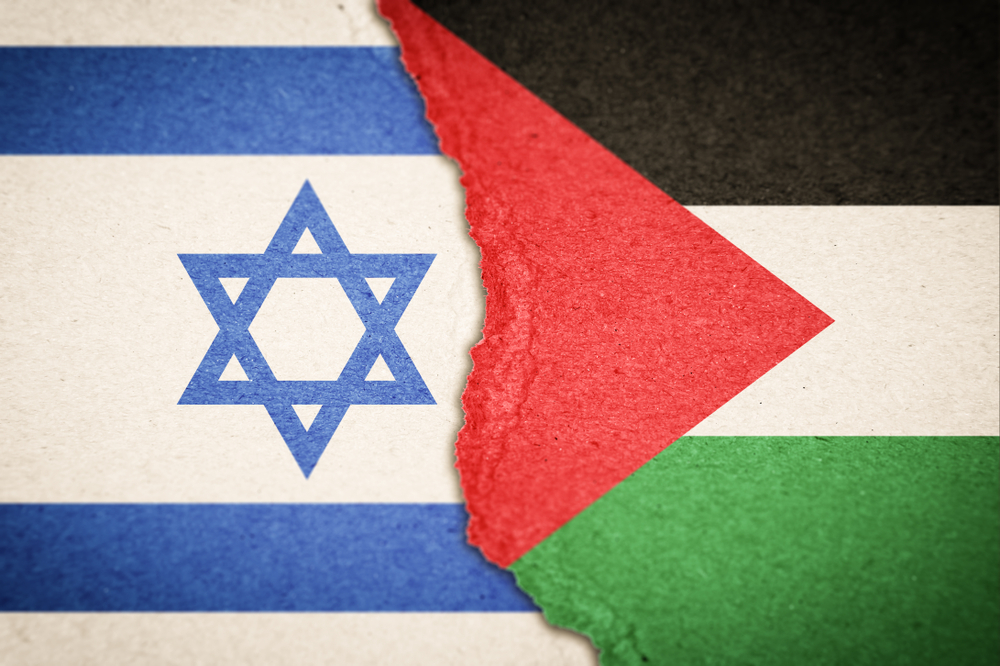The Bi-national state
The bi-national state is a so-called one-state solution to the Israeli-Palestinian conflict. Contrary to the two-state solution, the entire territory of former Mandatory Palestine is not divided between the two parties. Instead, the area serves as a common homeland for both Jews and Palestinians.
The one-state solution
In the bi-national state, citizens of both nations will have one joint country, one constitution, and one democratically elected government. Although the government is democratically elected, it will be proportionally represented by multiple interest groups. Furthermore, this state cannot be Jewish or Islamic, as one of the groups would have an advantage. After the failed peace negotiations that have taken place over the years, this solution has become relevant again in recent years.
Alternatives to the bi-national state
Besides the bi-national state, there are two other ways in which people want to bring about peace between Israelis and Palestinians. For example, some argue for a federation. The country would be governed by one joint government. However, this does not resolve the partition of the territory. The most traditional solution is the two-state solution. This solution proposes the creation of two independent states within former Mandatory Palestine. The 1947 UN Partition Plan was the first attempt to achieve a two-state solution.
The UN Partition Plan
The situation in British Mandatory Palestine after the Second World War was out of control, so a partition plan was drawn up. The United Nations approved this UN Partition Plan at the General Assembly in 1947. This two-state solution divided the territory between the Jews and the Arabs. Both groups could establish their own state with Jerusalem as an international zone. The plan served as the first step towards peace in the area.
The Jewish population agreed to the plan, but the Arabs did not. They continued to resist. After the declaration of independence from the State of Israel on 14 May 1948, the surrounding Arab countries declared war on Israel. What followed was a decades-long battle for territory, which continues to this day.




